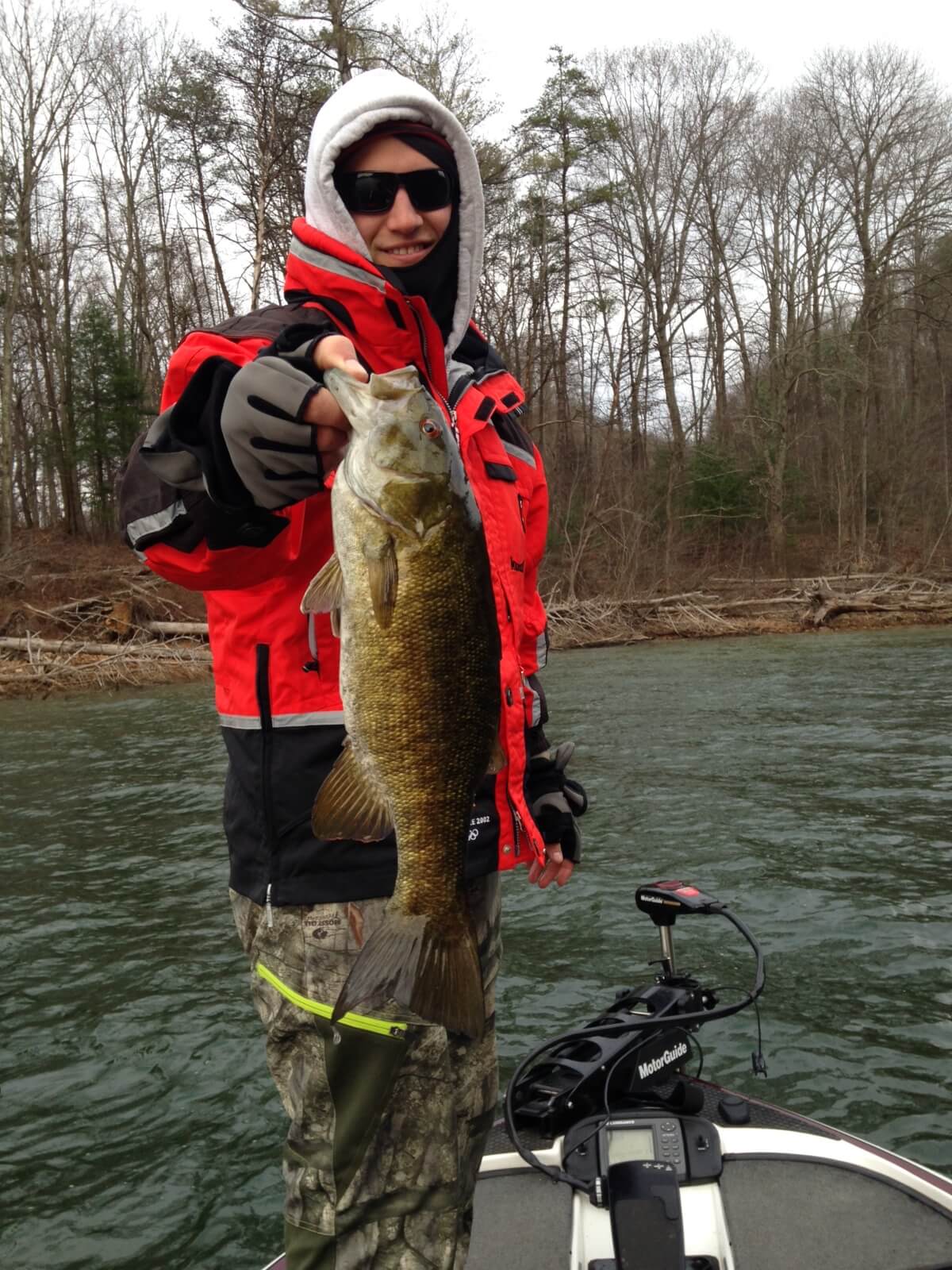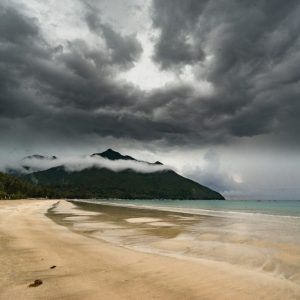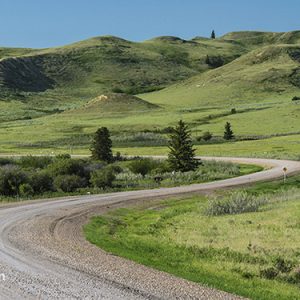
Finding Peace and Quiet: A Guide to Southern Backcountry Retreats
The relentless hum of modern life. The constant ping of notifications. The inescapable tide of information. For many, escape feels less like a luxury and more like a necessity. If you’re yearning for the balm of silence, the whisper of the wind through ancient trees, and the comforting embrace of nature’s vastness, then the Southern backcountry awaits. This isn’t your typical weekend getaway; this is a pilgrimage to tranquility, a deep dive into the soul-soothing stillness only the wilderness can offer.
This guide explores the diverse tapestry of Southern backcountry retreats, catering to every adventurer, from seasoned hikers to contemplative souls seeking a gentle respite. We’ll journey through lush forests, across tranquil waterways, and up into breathtaking mountain ranges, unearthing hidden gems and uncovering the secrets to finding your own peaceful haven.
Beyond the Tourist Trail: Unveiling the Untamed South
The South, often romanticized for its hospitality and history, holds a secret wilder side. Beyond the bustling cities and well-trodden tourist paths lie pockets of unspoiled wilderness, each offering a unique brand of solace. Imagine waking to the chorus of birdsong, the sun painting the sky in hues of gold and rose, a world away from the clamor of everyday life. This is the promise of a Southern backcountry retreat.
Forget crowded beaches and theme parks; here, your only companions are the rustling leaves, the whispering wind, and the vast, star-studded sky. This is where you reconnect with the earth, with yourself, and with a sense of peace that seems increasingly elusive in the modern world.
Choosing Your Sanctuary: A Diverse Landscape of Retreats
The Southern backcountry offers a remarkable diversity of landscapes, each promising a distinct experience. Whether you crave the rugged beauty of the Appalachian Mountains, the serene tranquility of the coastal swamps, or the mystical charm of the Ozark plateau, there’s a perfect retreat waiting for you.
| Retreat Type | Location Examples | Ideal for |
|---|---|---|
| Appalachian Hiking | Great Smoky Mountains NP, Blue Ridge Parkway | Experienced hikers, nature enthusiasts |
| Coastal Kayaking | Okefenokee Swamp, Everglades (partially Southern) | Adventurers, wildlife lovers |
| Ozark Exploration | Ozark National Scenic Riverways, Buffalo National River | Families, casual hikers, photographers |
| Mountain Solitude | Cherokee National Forest, Pisgah National Forest | Introspection, writers, artists |
Gear Up for Serenity: Essential Packing List
Embarking on a backcountry retreat requires thoughtful preparation. While the specific gear will depend on your chosen location and activity level, here are some essentials to ensure your comfort and safety:
- Appropriate Clothing: Layers are crucial, accounting for fluctuating temperatures and potential weather changes.
- Navigation: Map, compass, GPS device – even in familiar territory, these are vital.
- Sun Protection: Sunscreen, hat, sunglasses – even on cloudy days.
- Hydration: Plenty of water or a reliable water filter/purifier.
- First-Aid Kit: Comprehensive kit containing bandages, antiseptic wipes, pain relievers.
- Illumination: Headlamp or flashlight with extra batteries.
- Shelter: Tent, sleeping bag, sleeping pad suited to the weather conditions.
- Food: Lightweight, non-perishable options.
- Fire Starter: Matches or lighter in a waterproof container.
Leave No Trace: Respecting the Wilderness
The beauty of these Southern backcountry retreats lies in their unspoiled nature. To ensure these sanctuaries remain pristine for future generations, adhering to Leave No Trace principles is paramount. Pack out everything you pack in, minimize campfire impact, stay on designated trails, and respect wildlife. Your responsibility is to preserve the magic for others to discover.
Finding Your Inner Peace: The Rewards of Solitude
The true reward of a Southern backcountry retreat lies not just in the stunning scenery but in the profound sense of peace and connection it fosters. It’s an opportunity to disconnect from the digital world and reconnect with yourself, with nature, and with a deeper sense of belonging.
Whether you’re seeking an adrenaline-fueled adventure or a tranquil escape from the daily grind, the Southern backcountry offers a path towards rediscovering serenity. It’s a journey of self-discovery, a testament to the restorative power of nature, and an experience that will leave an indelible mark on your soul. So, breathe deep, embrace the silence, and let the wild heart of the South restore your spirit.

Additional Information
Finding Peace and Quiet: A Deeper Dive into Southern Backcountry Retreats
While a guide to Southern backcountry retreats might highlight picturesque locations and recreational activities, a deeper analysis reveals a multifaceted landscape impacting both the environment and the human experience. This expanded analysis will explore the ecological, economic, and social dimensions of these retreats, offering insights beyond the surface-level appeal.
I. Ecological Impacts and Sustainability:
The very nature of backcountry retreats presents a paradox. While offering escape from urban pressures and promoting appreciation for nature, they can contribute to environmental degradation if not managed sustainably. Key considerations include:
-
Carrying Capacity: Southern ecosystems, particularly those in national forests and parks, have limited carrying capacities. An influx of visitors can lead to trail erosion, habitat fragmentation, increased waste generation, and disturbance of wildlife. For example, the Appalachian Trail, traversing several Southern states, faces significant challenges due to overuse in popular sections. Studies have documented increased erosion rates and impacts on sensitive plant communities near heavily trafficked trailheads. A responsible guide should address this by advocating for dispersed camping, promoting Leave No Trace principles, and highlighting less-visited areas.
-
Water Resource Management: Access to clean water is crucial in backcountry settings. Overuse can deplete water sources, negatively impacting both wildlife and visitors. The guide should discuss responsible water collection and purification techniques, promoting the use of water filters and advocating for minimizing water consumption. Case studies of specific Southern streams affected by overuse could highlight the need for responsible water stewardship.
-
Impact of Infrastructure: The development of even minimal infrastructure (trailheads, campsites) can have significant ecological consequences. The guide should analyze the environmental impact assessment processes involved in developing backcountry facilities and discuss the importance of minimizing footprint and restoring disturbed areas.
II. Economic Considerations and Community Engagement:
Backcountry retreats are not solely a recreational pursuit; they have significant economic implications:
-
Ecotourism and Local Economies: Responsible ecotourism can provide substantial economic benefits to local communities through increased employment in guiding, lodging, and related services. The guide should explore case studies of successful community-based ecotourism initiatives in the South, highlighting best practices for revenue sharing and community involvement.
-
Land Management and Funding: Maintaining and managing backcountry areas requires significant funding. The guide could analyze the role of government agencies, non-profit organizations, and private landowners in funding conservation efforts and ensuring sustainable access. Discussions on impact fees, user permits, and volunteer programs are essential for a comprehensive understanding.
-
Economic Disparities: The benefits of ecotourism are not always evenly distributed. The guide should consider the potential for economic disparities within communities, ensuring that local residents benefit directly from the increase in tourism activities.
III. Social Dimensions and Accessibility:
The experience of backcountry retreats is heavily influenced by social factors:
-
Inclusivity and Accessibility: The guide should address issues of accessibility, ensuring the information caters to diverse abilities and demographics. This includes discussions on adaptive equipment, trail accessibility, and inclusive guiding practices.
-
Responsible Recreation and Leave No Trace Ethics: Promoting responsible recreation behavior is crucial for preserving the experience for future generations. The guide should heavily emphasize Leave No Trace principles, including proper waste disposal, fire safety, and minimizing impact on wildlife.
-
Safety and Risk Management: Backcountry environments inherently involve risks. The guide needs to provide detailed information about safety protocols, emergency preparedness, and the importance of informing others about planned trips.
Conclusion:
A truly comprehensive guide to Southern backcountry retreats must go beyond simply listing locations and activities. By integrating a deeper analysis of ecological, economic, and social aspects, the guide can empower readers to enjoy these experiences responsibly and contribute to the long-term sustainability of these invaluable natural areas. Understanding the complexities and potential trade-offs involved is essential for ensuring that these peaceful retreats remain accessible and pristine for generations to come.






